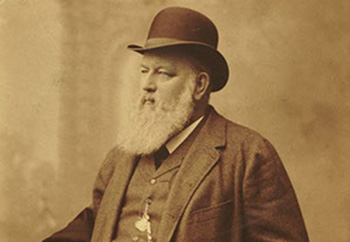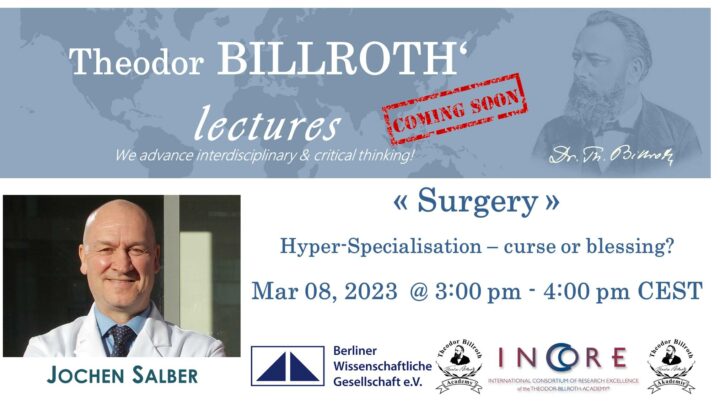Hyper-specialisation in surgery – curse or blessing? Presented by Assistant Professor Jochen Salber (1 CME Point)
Speaker
Assistant Professor Jochen Salber
Assistant Professor Dr. J. Salber holds a PhD in polymer chemistry and biomedical sciences of the RWTH Aachen University, Germany and is a board certified orthopedic surgeon with 14 years of clinical experience working as emergency doctor and trauma surgeon. He is a full instructor of the European Resuscitation Council (ERC) and educates future ER specialists. Currently, he is head of the Department of Experimental Surgery at the Center for Clinical Research at the Ruhr University Bochum (RUB) and a senior physician at the Department of Surgery at the University Hospital RUB, Germany. His clinical interests are focused on Foreign Material-Associated Infections (FMAI), sepsis and multiple trauma immunology. His research group is working in the fields of clinically applied biomedical research with focus on biocompatibility assessment, tissue engineering and regenerative medicine. Since 2021, Dr Salber has been teaching at the RUB in the research focus Molecular Medicine on the topic “Molecular regulation of biomaterial-cell/tissue interactions: How can biocompatibility be accurately tested to avoid implant failure?
AGENDA & LEARNING OUTCOMES
In an over-regulated health care industry and a pathetically slow and inconsistent modernisation (rather pseudo-modernisation) of medical education and training, the local society will run out of medically competent young people. We insist on a curriculum that does not meet the actual, constantly growing demand. It takes an inadequately long time to become an independently working surgeon with an all-round profile, and in the end society will have someone who can only do a few things really well. However, the time to discuss the balancing act between W-L-B, working time legislation and faster training to become an autonomous surgeon has long since passed. Everyone with half a brain knows that we need all-rounders as well as specialists who work hand in hand. However, this is not possible if hospitals have staffing and competence ratios that are not adapted to the real situation.
"Our responsibility is, to the extent of our view into the future, to form the present felicitous for the next generation according to the best of our knowledge and belief”
Theodor Billroth (1829-1894)


